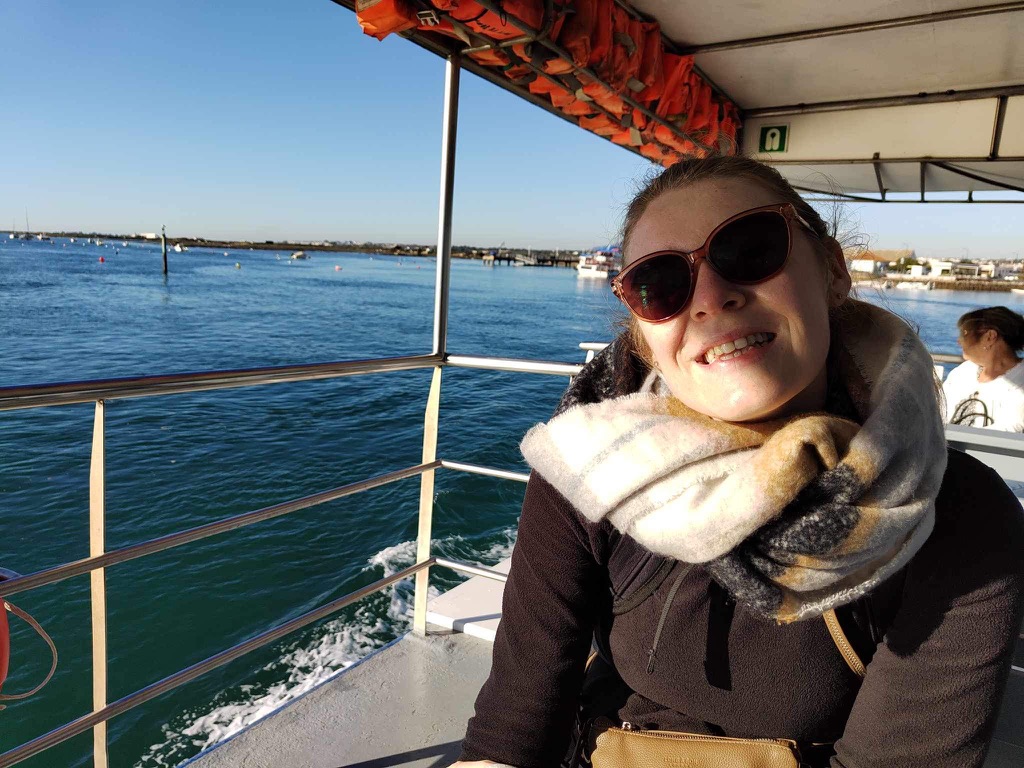This post is part of our Research Initiation Scheme for 2024-2025
In the 21st century, postcolonial literature has progressively shifted from the cultural periphery to the mainstream. It offers a path to understanding the ever-present effect of colonialism within contemporary society, in particular by giving a voice to those who were historically silenced. On the 21st of March 2025, I discussed this topic with Erin McCombe, a Spanish and Portuguese PhD student whose thesis examines the topic of conviviality within literature by women of African descent in Spain and Portugal [1].
When did you first develop an interest in postcolonial literature?
I suppose as an undergraduate, on the Portuguese side [of my degree]. I remember reading [the short story] ‘O embondeiro que sonhava pássaros’ by [Mozambican author] Mia Couto and that still sticks out in my mind as my initial contact with postcolonial literature. I then went on to study Lusophone African cinema and that developed my interest even more. In final year I started looking into postcolonial Africa within a Spanish context and come across some research on authors from Equatorial Guinea.

